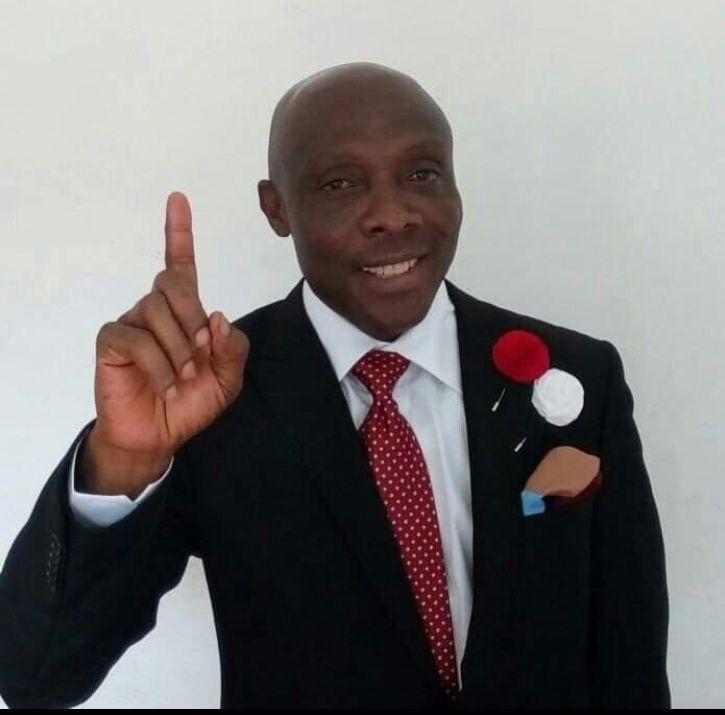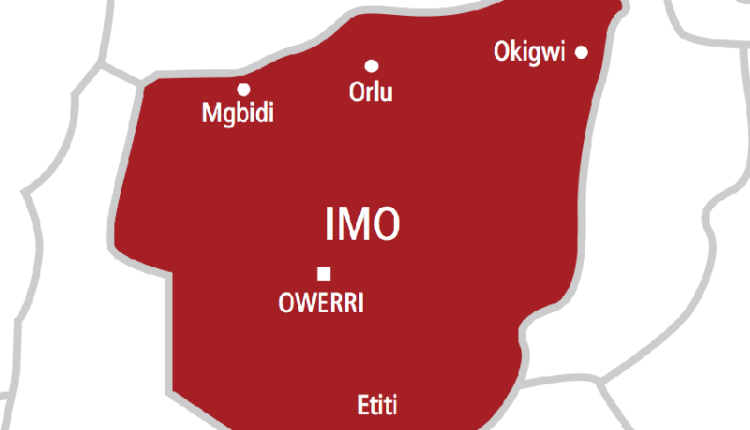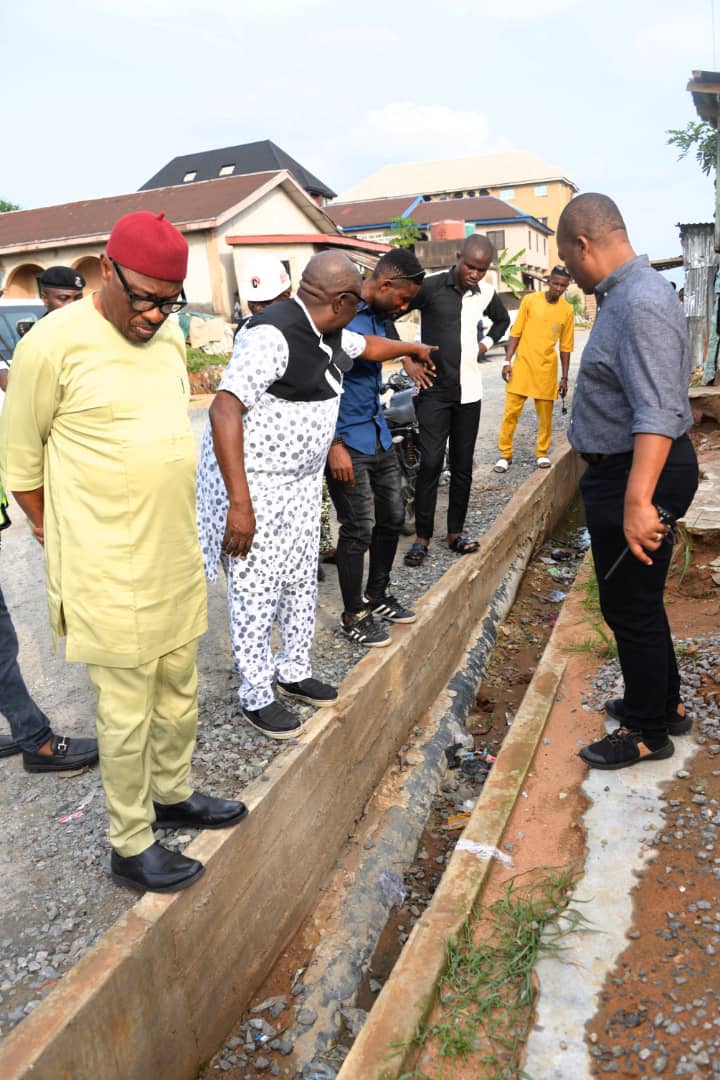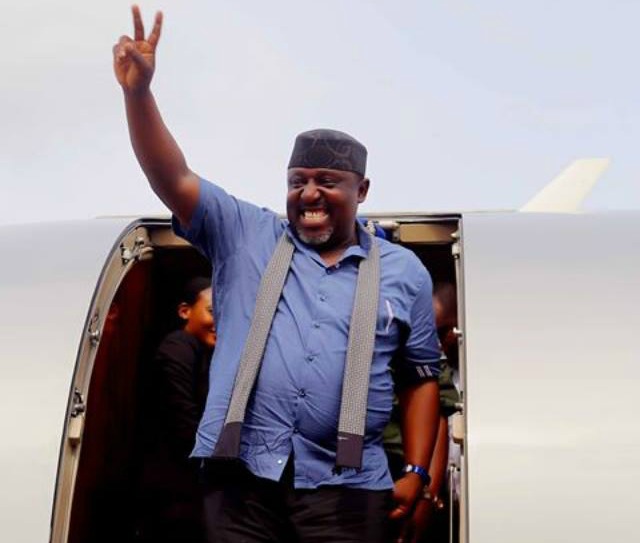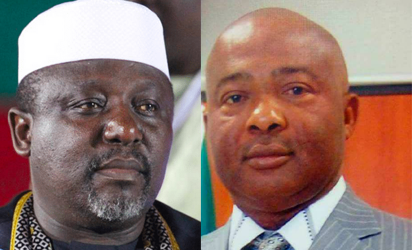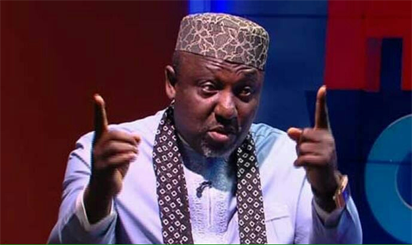We have achieved 70% restoring eletricity in Oil Producing communities – ISOPADEC MD
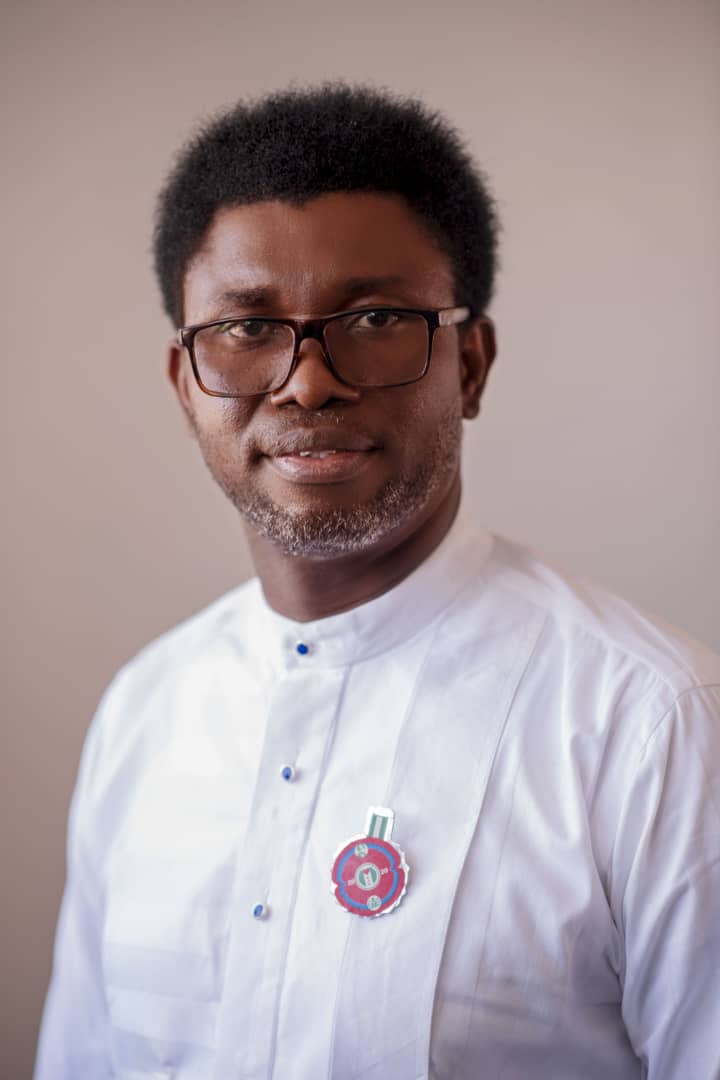
The Imo State Oil Producing Areas Development Commission (ISOPADEC), a commission established by the government of Imo State in 2007 to manage the 13% oil derivation for the oil producing communities in the state, has been in the news for all shades of reasons since the new management led by the Managing Director, Engr. Owuoma Anthony Okwuosha, came on board in July 2019.
The act establishing the Commission provides a sharing formula of the 13% oil derivation, with the state government said to get 60% of the fund whereas the Commission is saddled with the responsibility of managing the remaining 40%. In this interview, the Managing Director explains what the Commission is doing to address the challenges faced by the people of the oil producing communities.
Excerpts:
The issue of ISOPADEC has become somewhat front burner. A lot of people are interested in ISOPADEC, partly because you are doing quite a lot to improve the living conditions of the people in the catchment area. But when we talk about the scope of ISOPADEC and the problems the people of the rural communities face, are you making the case with ISOPADEC generally that these communities where oil is extracted suffer some kind of special deprivation?
Yes. They do. We cannot over emphasise that. They suffer special kind of deprivation with some kind of ailments that are very uncommon in this part, and the government did well to have set up the 13% Derivation Fund. But unfortunately, over the years some of us did not quite understand why the Commission was set up. They had continuously misapplied the fund to solve the problems and help our people come out of the challenges they face living in the area where oil and gas is mined.
In what specific ways are the people in the ISOPADEC catchment area suffer differently from the rest of the masses?
You are a journalist. You might need to visit some of the communities by yourself. When you fall sick and apply drugs with which people with similar ailments are treated elsewhere, they do not go. Their farm lands don’t yield and the air they breathe is polluted. They cannot fish any longer, whereas we are predominantly farmers and fishermen. We used to do well in Agriculture and Fishing before the oil companies arrived and began their oil exploration activities here. Our people suffer so much, coupled with the emotional and psychological trauma that you are just there and just behind your back millions of Naira leave on daily basis. Our educational system is bad and the awareness is not there. The companies bring all kinds of persons from across the country and beyond and they occupy positions in these companies. They phase off the communities where these oils are located and the people consequently lose the opportunities of learning new things as a result of the oil companies operating in their communities. They hardly learn anything to improve themselves. The challenges are huge and mind boggling.
Former MD of ISOPDEC, Henry Okafor, once said that the oil in these communities cannot create jobs for the natives but could be used to develop the area. You seem to be painting a different reality.
I think that oil on its own won’t create jobs but you need a kind of special intelligence to do things and see how to lift the people. I agree with him: oil on its own cannot create jobs, but the oil companies are doing a lot for themselves. They are growing their people back home. Their activities can help our people and make them get the know-how to better themselves.
When you say that oil is extracted from my backyard, for example, my relatives in Kano State would expect me to live in a glass house, would be expecting the best medical and sporting facilities. You know, they would be expecting a soft environment for me. When is this happening, even with ISOPADEC?
Such is the irony of life. The world economy is something else. The world economy works somehow. I think that all over the world, wherever money is made, the next neighbour are people living in squalor. Even the major cities oil money was used to develop, the next neighbour are people living in squalor. I don’t know why it is so but I think we have lost humanity. ISOPADEC of the past is different from the ISOPADEC of today. You cannot give what you don’t have. But with awareness constantly increasing with quality people coming into government, especially with what the current state led by the Governor, Emeka Ihedioha, is doing, the way he selected people working with him, he has a critical number of people who understand these things and can contribute in solving these problems in their own little ways. The challenge is huge. In a clime where people are used to getting handouts, they can hardly do the numbers and see that these handouts cannot solve their problems, other than using the resources to create an economic environment where businesses can thrive and people can earn decent living. I think we can solve some of these problems because we are itching it, following what we have done in the last six months.
Would you like to tell us what you have done in the various sectors, education for instance? What have you done in power generation? What have you done in the health system?
It is no longer news across the country that our education system has been messed up over the years, particularly the basic education system. We have lost it. It is the same thing in our area where oil is produced. From our end, we are rolling out our education support system before the end of this quarter, covering the primary education. After that we can scale it up to cover the secondary education. By the way, at the tertiary level we are getting together our people who have done well in their various fields of study to see what we can do support them to do their post graduate degree in specialised schools, so that we can begin to develop quality people who can truly be leaders tomorrow and come back home to help us solve some of the problems we are facing right now. Our support in education is just to help the government in what they are doing. They have a lot of plan and it is big. What we are doing is to see what we can do to support in getting quality teachers and provide the kind of support that would make teaching attractive for the teachers that would teach in our places, because it is scary coming to our areas to teach. The violent nature of our people is chasing a lot of teachers away and they no longer want to go there. We have done a lot in security, so much that psychologically they can believe we have done some things and would be willing to come. We have security structures across the local governments, comprising the Army, the Police, the DSS and others. However, we want to see the additional support we can provide in terms of the pay package so that they can teach our kids. I grew up and schooled in the same place and I saw teachers who would take you as their children and nurture you for your future. But we have lost all this. Many of the people who teach today are those who chose teaching as their last resort just to earn a living. We want to see how we can get those who love teaching to come to our communities. If we get our kids young and groom them for their future, we will be able to take them away from the streets and drugs.
You talked about the security efforts in the ISOPADEC catchment area. Is it the same thing as Operation Iron Gate?
No. it is in addition to the Operation Iron Gate which the state government is running. But we have a special security situation in our place. By the time we came on board people had ran away from their communities. But right now they are coming back. The example is that in December when we went to Ohaji-Egbema for the ground breaking ceremony for the electrification project we are doing in the area, they people turned out in their numbers. The crowd that turned out to graze the occasion showed that the people had returned to their communities.
Allow me to halt you there, MD. Security is quite sensitive. The issue of herdsmen has become quite an issue in the rural communities. There were reports that some communities in your area was attacked and the people fled. What is the situation now?
The herdsmen issue has become a national embarrassment. At our level we are also talking with the security chiefs in our areas and we hope the issue would be addressed. You know that cattle rearing is a business but it appears we are not getting it right. You do your business and I do mine. You protect your business and I protect mine. I don’t know what actually went wrong in the country. It is actually embarrassing to our country and not good for our people.
What is your intervention in the health sector in your catchment area?
We have a lot going on in the health sector. When we came in our health facilities were decrepit. The staff were just hanging around without drugs. The people were not turning up to access the healthcare services. What we did was to understand what was happening. We found out that people did not make enough income to take care of their healthcare needs. It was difficult. People preferred to walk across the street and buy their drugs from the Chemist’s shops who would mix all kinds of drugs for them because they could not afford to go to the hospital. To support them boost their income, we came up with an Agricultural programme. Our people are predominantly farmers and fishermen. In our Agricultural programme we are buying out the cassavas they had planted and want to sell. We buy the cassavas at a premium margin so that they can make additional money from it than is regular. We want to scale it up in order to arouse more interest in farming, so that they can make enough money to take care of themselves. We want to help them make disposable income to take care of their needs. While we are doing this we are rebuilding failed health infrastructures in our area. Next month we will do ground breaking ceremony for Ochia/Awara health facility. They don’t have one at all. We are doing another one in Ihie Community. We are rehabilitating failed health infrastructure in Orsu-Obodo. We are doing another one in Izombe. Oguta Community used to have one of the biggest general hospitals in the state but it has been down for so many years. So we are looking to rehabilitate the failed general hospital. We have not started work on the general hospital but it is in our plan, and very soon we will start work on it. But those of Ochia, Ihie, Izombe and Orsu-Obodo, we have procured contracts for their rehabilitation. We are doing all this to help our people so that by the time our Agric programme and others mature they would make enough money to take care of themselves.
Electricity is one other important matter, because where there is power, there is growth and prosperity. What have you done? The ISOPADEC headlines around power generation and restoration of electricity to the neglected communities is quite prominent. But there are debates as to the veracity of your claims in terms of what you have done.
For a lot of people who understand how electricity infrastructure works, it is not a complex thing but at the same time it is not what you just turn a button and every community gets electricity. It does not work that way. These are infrastructures that have been neglected for eight years and more. So the infrastructures have completely failed. What we did was to look at the low hanging fruits and harvest them first. Today, the majority of our people have electricity. If you go to the communities in our area, the communities that do not have electricity now are those with the complex problems – transformers that have been burnt down completely; in some places the poles are no longer there and the conductors have failed. Honestly, over 70% of our people now enjoy electricity. We have procured the materials: the poles, transformers, conductors, and others, for the job. It takes time to bring these things. I agree some communities have not got electricity but that does not mean we have abandoned them. No. Work is ongoing and it will soon get to all the communities.


